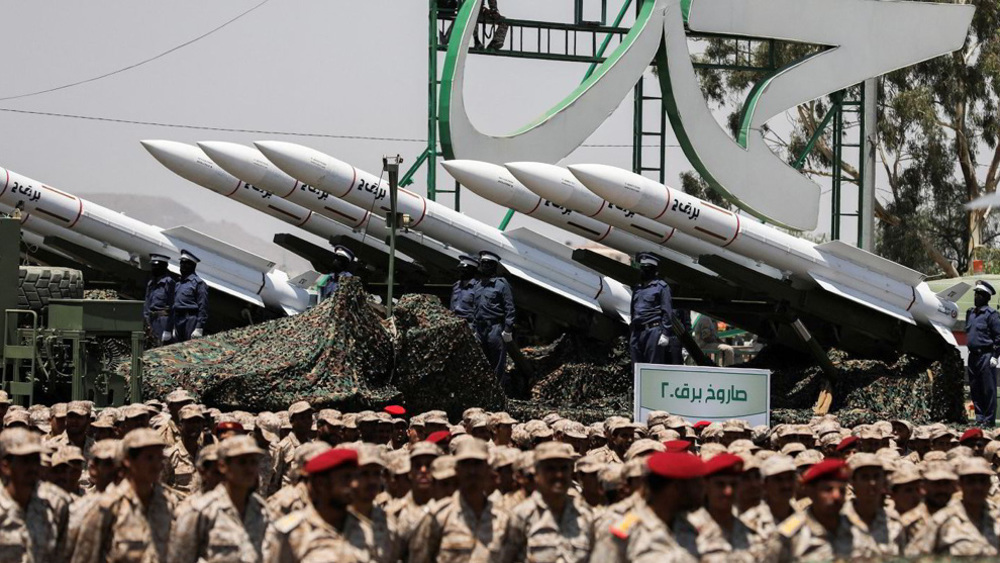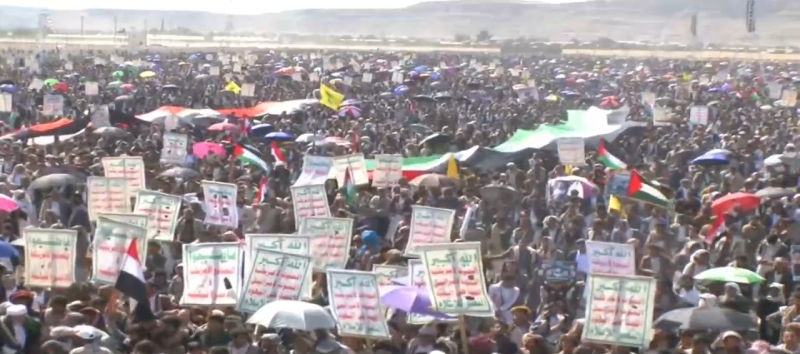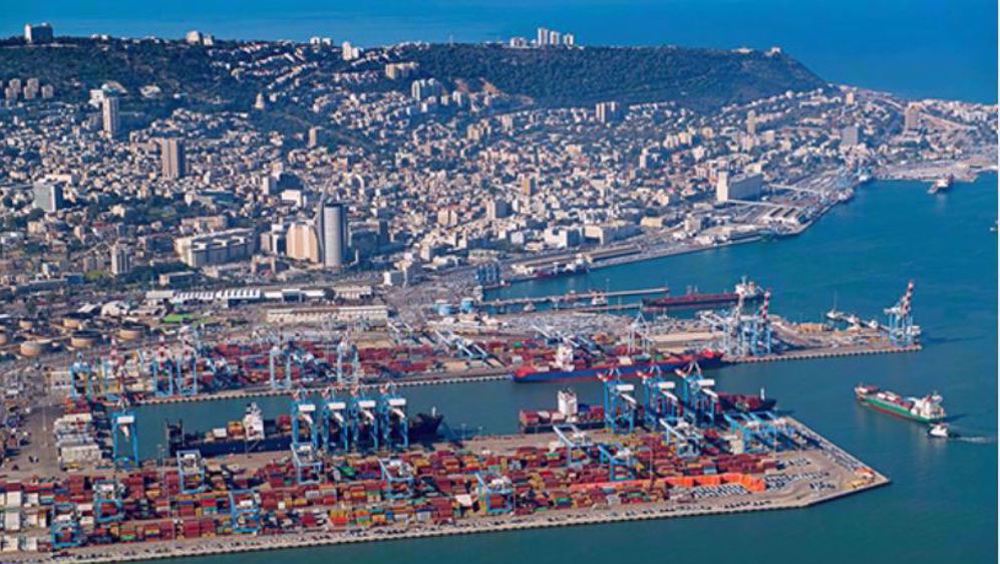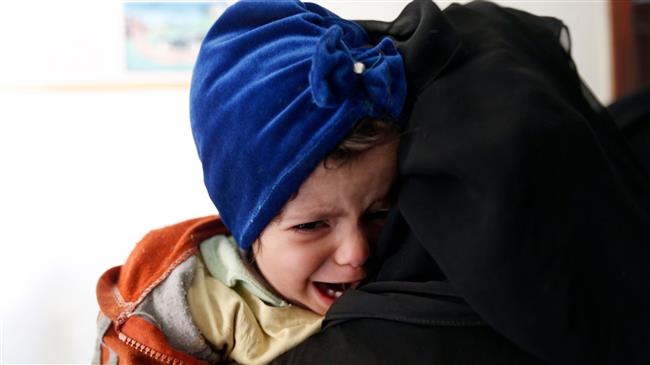Dozen Emirati troopers, tens of Saudi mercs slain in abortive assault on Yemeni base
At least twelve servicemen from the United Arab Emirates Army and tens of Saudi-backed militiamen loyal to Yemen's resigned president, Abd Rabbuh Mansur Hadi, have been killed when they launched an offensive on a military base in Yemen’s southwestern province of Ta'izz.
A Yemeni military source, requesting anonymity, told Arabic-language al-Masirah television network that the Emirati soldiers and their allies carried out the assault in the Mawza district of the province, situated 346 kilometers (214 miles) south of the capital Sana’a, on Sunday evening, but were repelled and suffered losses within their ranks.
The source added that four armored vehicles belonging to Emirati troopers and four vehicles of Saudi mercenaries were destroyed in the botched assault as well.
The General Staff of the Armed Forces of the United Arab Emirates identified one of the slain Emirati servicemen as Sergeant Ali Khalifah Hashal al-Mesmari.
On October 17, 2017, a Boeing AH-64 Apache attack helicopter operated by the United Arab Emirates Air Force (UAEAF) crashed in Yemen’s northern province of al-Jawf, killing the two pilots on board.

The UAE's official WAM news agency reported that the four-blade and twin-turboshaft aircraft had gone down due to a technical glitch.
The report identified those onboard the helicopter as Major Ali al-Mismari and First Lieutenant Badr al-Murshedah.
Yemen's official Saba news agency reported on August 11 that a Sikorsky UH-60 Black Hawk utility helicopter of the UAEAF had crashed in the Amqeel area of Ar Rawdah district in the south-central Yemeni province of Shabwah.
The general command of the UAE’s armed forces confirmed that four of its soldiers were killed after their helicopter was hit by a technical fault.

However, Colonel Turki al-Maliki, a spokesman for the Saudi-led military coalition engaged in a war in Yemen, later said the pilot made an emergency landing in the area due to “a technical defect while returning from an operation in Yemen.”
Saudi Arabia has been incessantly pounding Yemen since March 2015 in an attempt to crush the popular Houthi Ansarullah movement and reinstate former president, Abd Rabbuh Mansur Hadi, who is a staunch ally of the Riyadh regime.
The UAE is one of the main allies of Riyadh in its deadly war against the Yemeni nation. The United States has also been providing arms and military training as well as bombing coordinates to the Saudi-led coalition since the beginning of the protracted war, which has failed to achieve its goals.
8 Saudi soldiers killed in Yemeni sniper fire in Jizan
Meanwhile, Yemeni army soldiers, supported by fighters from allied Popular Committees, have shot dead eight Saudi soldiers in the kingdom’s southwestern border region of Jizan, in retaliation for the Riyadh regime’s military campaign against the crisis-hit country.
The media bureau of Yemen’s Houthi Ansarullah movement reported that Yemeni forces had fatally shot four troopers in the region's Quwa village.

Later on Sunday, Yemeni soldiers and Popular Committees fighters shot and killed four other Saudi soldiers in Hamezah village of Jizan.
At least 13,600 people have been killed since the onset of Saudi Arabia’s military campaign against Yemen. Much of the Arabian Peninsula country's infrastructure, including hospitals, schools and factories, has been reduced to rubble due to the war.
The Saudi-led war has also triggered a deadly cholera epidemic across Yemen.
According to the World Health Organization’s latest count, the cholera outbreak has killed 2,167 people since the end of April and is suspected to have infected 841,906.

On November 26 last year, the United Nations children’s agency (UNICEF) said that more than 11 million children in Yemen were in acute need of aid, stressing that it was estimated that every 10 minutes a child died of a preventable disease there.
Additionally, the UN has described the current level of hunger in Yemen as “unprecedented,” emphasizing that 17 million people are now food insecure in the country.
It added that 6.8 million, meaning almost one in four people, do not have enough food and rely entirely on external assistance.
UNRWA warns of humanitarian collapse in Gaza
'Hello my enemies': Lebanese journalist on Israeli threats and his resolve to continue
Outrage in France as MP proposes bill to ban criticism of Israel
VIDEO | The strategy of Hezbollah in war
Israeli military withdraws several brigades from southern Lebanon: Report
48-year-old Palestinian man serving 48 life terms completes 22 years in Israeli jails
From MKO to Tondar, how Germany became safe haven for anti-Iran terror groups
Hamas open to any proposal aiming to end Gaza war: Hamdan




















 This makes it easy to access the Press TV website
This makes it easy to access the Press TV website